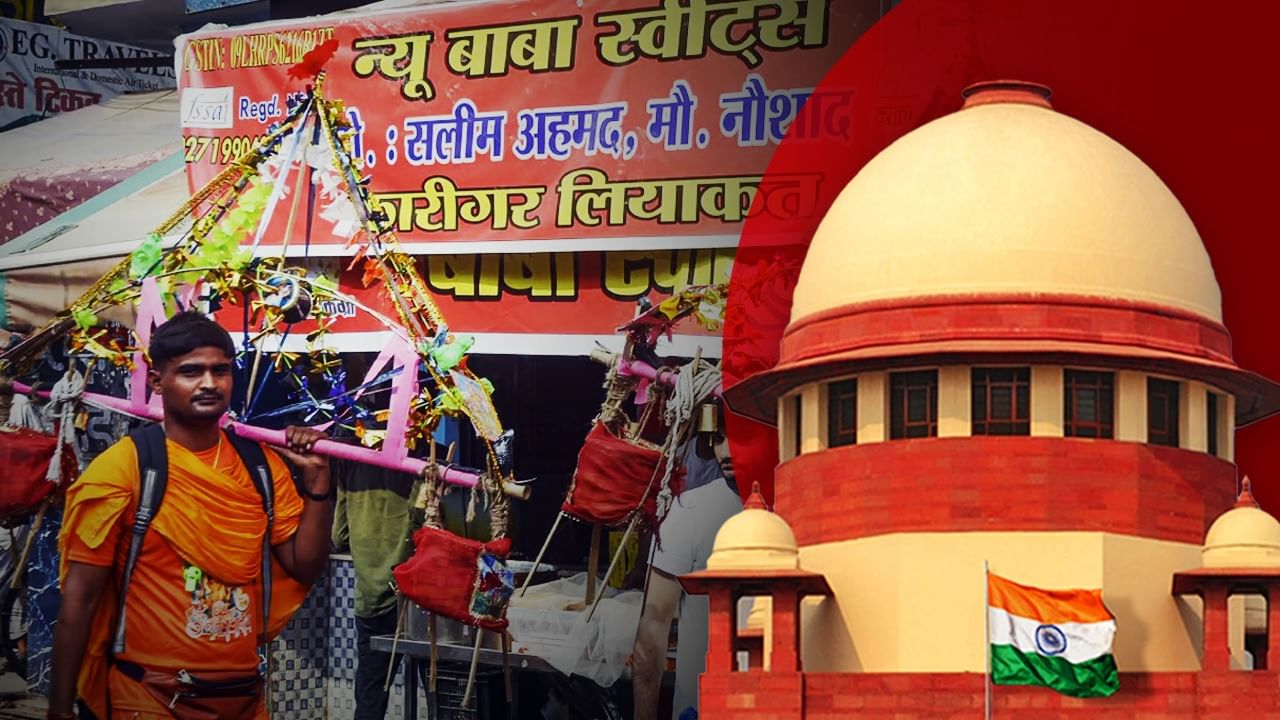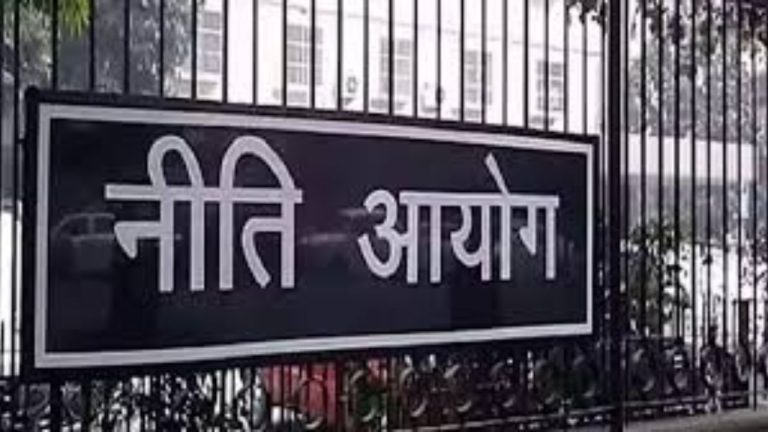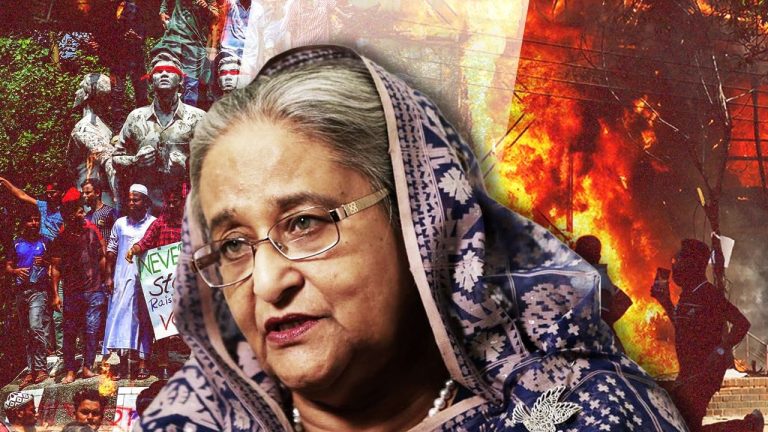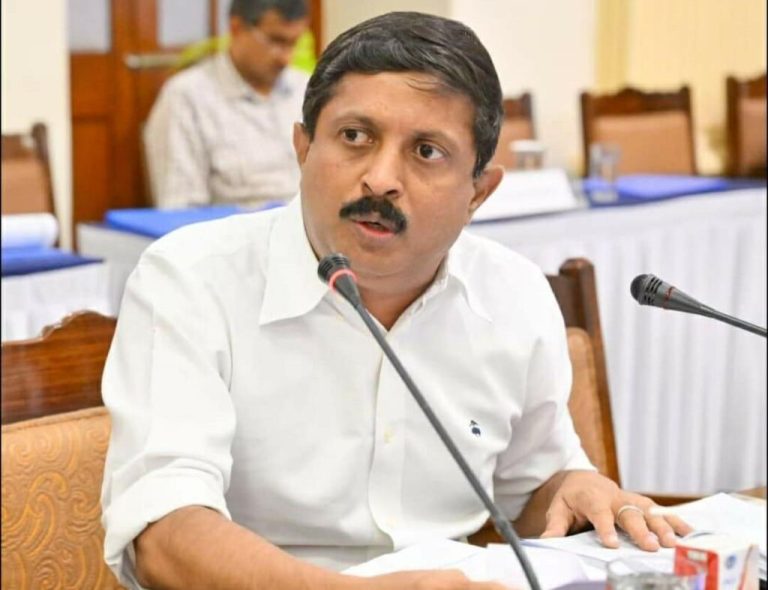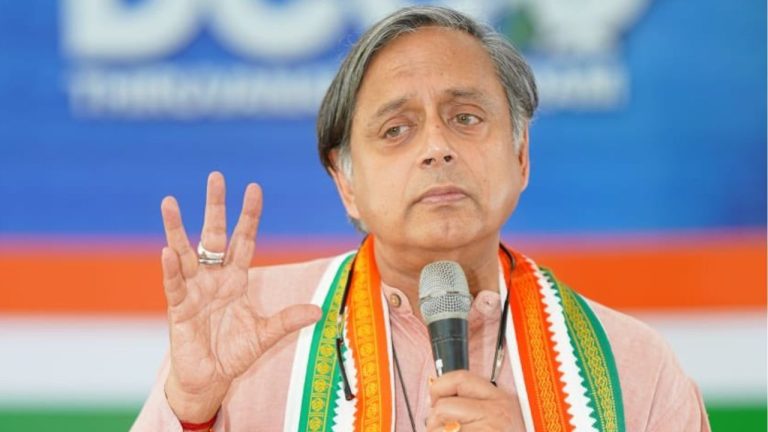Shoppers not required to disclose their identity, big issues heard in SC in nameplate dispute
The Supreme Court on Monday delivered a landmark judgment in the Kanwar Yatra name board controversy. The Supreme Court granted an interim stay on the orders of the UP and Uttarakhand state governments. At the same time, a response has been sought from the Madhya Pradesh government. In its order, the Supreme Court said that shopkeepers need not disclose their identity. Only types of food should be mentioned. It is important to say whether the food is vegetarian or non-vegetarian. The order will remain in abeyance until the states respond. The next hearing in the case will be held on July 26. Let us know the big things about Supreme Court hearings and orders… Police should not be exempted. The Supreme Court held that if a person is a vegetarian, he is cheated by not knowing from which shop he is eating. Counsel appearing for the petitioner said that such acts had never happened before. The petitioner's lawyer said that this is a worrying situation. Police officers are creating division. Minorities are identified and economically marginalized. The government order seems to divide the society. It has no legal backing. No law empowers the Commissioner of Police to do this. The Supreme Court asked whether writing names on hotels and dhabas was a government order or a press release. Abhishek Manu Singhvi said, My Lord, this is a fake order. Justice SVN Patti told Singhvi not to exaggerate the matter. Say it as it is on the ground. Petitioner's lawyer C.U.Singh said: UP administration is forcing shopkeepers to write their names and mobile numbers. This is not limited to the dhaba, pressure is also put on street vendors to make a particular community economically marginalized. A Supreme Court judge said there was a vegetarian hotel in Kerala which was later found to be owned by a Muslim. The Supreme Court said the order was voluntary and not mandatory. Regarding this, the petitioner's lawyer CU Singh said: Haridwar police have implemented it. The police warned that action would be taken if they did not do so. A similar move was also discussed in Madhya Pradesh. The judge said it was written voluntarily. The Supreme Court has asked whether the government has issued any formal order in this regard. Singhvi said that the government is implementing it indirectly. Singhvi said it has been made mandatory to write the names of shopkeepers and employees. If the name is not written, the business is closed, if the name is written, the sale is closed. This is like economic death for sellers.
